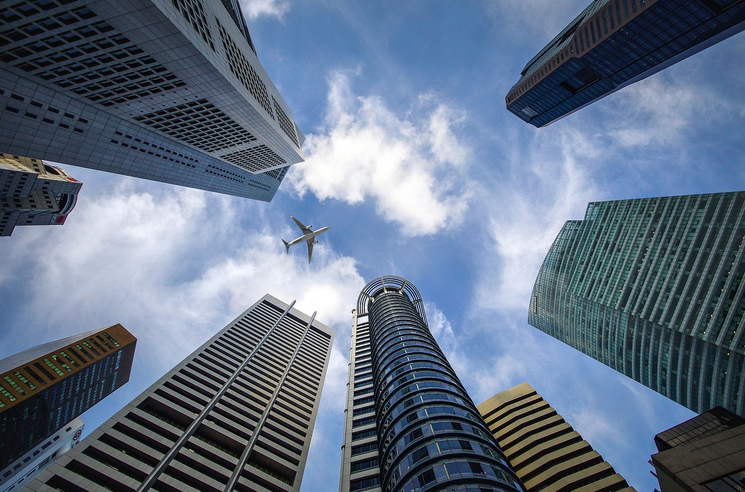SINGAPORE – Singapore has successfully rebounded from the challenges of recent years and is once again on a growth trajectory. The Southeast Asian city-state recorded a remarkable economic growth of 5.4% in the third quarter of 2024 compared to the previous year – the highest increase in two years. A GDP growth of 1 to 3 percent is also expected for 2025. The manufacturing industry, in particular, is experiencing positive developments with growing demand for electronic products, machinery, and equipment.
Singapore as a Global Startup Hub
Singapore continues to solidify its position as one of the world’s leading startup hubs. The city-state ranked fifth in StartupBlink’s 2024 Global Startup Ecosystem Index, climbing an impressive 16 places in the last five years. Notably, Singapore leads the ranking in Asia. This dynamic startup ecosystem is supported by government initiatives such as a US$400 million investment program for international venture capital firms. German startups are showing keen interest in Singapore as a location and regularly use events like the Switch trade fair to showcase their innovations to an international audience.
Business Optimism on the Rise
Singapore’s Business Optimism Index reached a two-year high in the fourth quarter of 2024. Companies are reporting positive developments in sales, profits, and hiring. Inflation is also showing signs of easing: after an increase of 4.8% in 2023, a price increase of around 2.5% is expected by the end of 2024. This stabilization is likely to boost consumption in Singapore, supported by a low unemployment rate and government subsidies.
Significant Investments in Infrastructure and Technology
The Singaporean government has efficiently utilized its financial resources to drive ambitious projects. One example is the “AI Strategy,” which aims to promote artificial intelligence in the country. Additionally, Changi Airport’s infrastructure is being modernized with an investment of around US$2 billion. Construction of the fifth terminal is expected to begin in 2025 and be completed by the mid-2030s. Further projects to strengthen cooperation with Malaysia in the planned special economic zone in Johor could deepen regional economic relations.
Foreign Trade and Geopolitical Risks
Foreign trade remains a central component of Singapore’s economy, which is dependent on international trade to the tune of 180% of its GDP. Geopolitical risks, particularly the trade conflict between the United States and China, as well as potential supply chain disruptions, pose a challenge. Despite these uncertainties, Singapore remains an important trading partner for German companies.
German Economic Relations: Weaknesses and Opportunities
Bilateral trade between Singapore and Germany experienced a slight decline in 2024. The value of imports from Germany decreased by 4.7% compared to the previous year. Nevertheless, Singapore remains the most important recipient of German goods within the ASEAN region. Many German companies use Singapore as a hub for their business activities in Southeast Asia. A prime example of the close economic ties is the decision by the German company Siltronic to build a third wafer production facility worth around US$2.2 billion in Singapore.
Conclusion: Singapore as a Growth and Innovation Engine in Southeast Asia
Singapore has demonstrated its economic resilience and benefits from a stable economy and a dynamic startup scene. The ongoing modernization of infrastructure and the focus on innovation and technology are central elements of future growth. Despite current challenges, Singapore remains an important partner for German companies, especially as a regional hub for business activities in Southeast Asia. Source: GTAI

